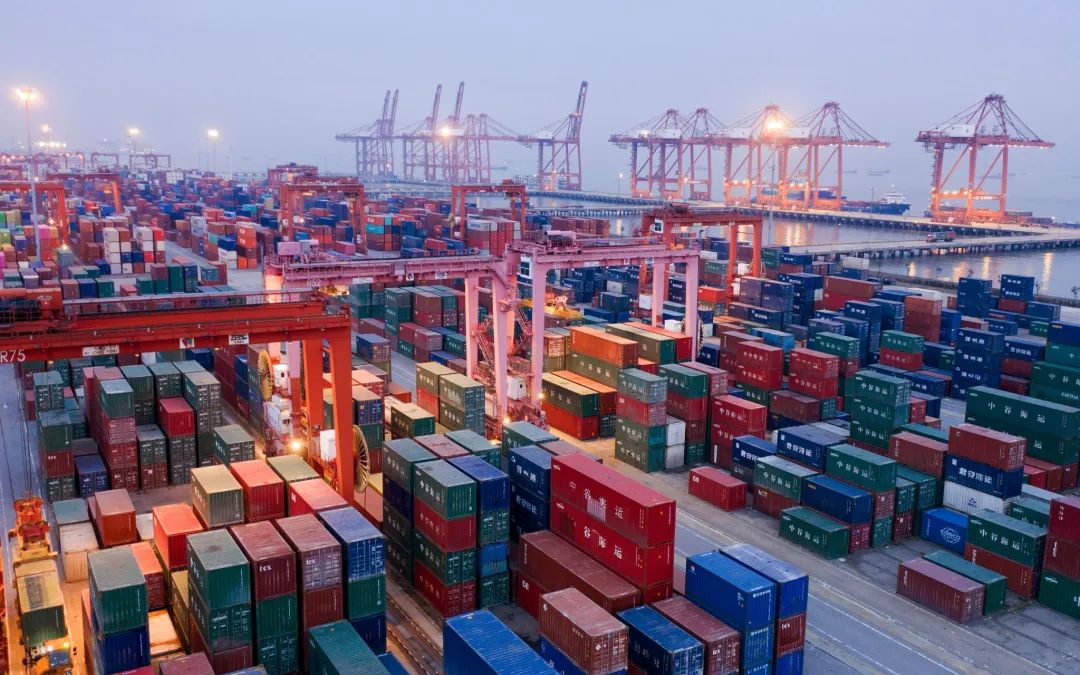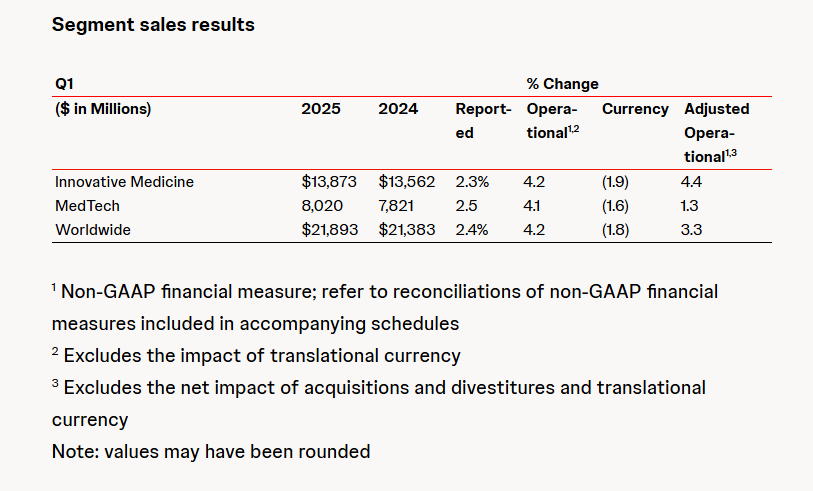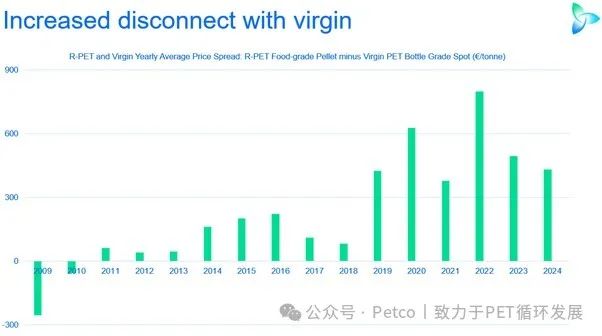On April 3 local time, Canada's new Prime Minister Carney announced a series of countermeasures against U.S. tariffs, while calling Trump's protectionist moves a tragedy for global trade.
At a press conference held in Ottawa, Carney announced that the Canadian government will follow the U.S. practice of imposing a 25% tariff on all U.S. imported cars that are not included in the USMCA (United States-Mexico-Canada Agreement), but auto parts will not be affected, nor will it impact cars coming from Mexico.
"Considering the potential harm of tariffs to the American people, the U.S. government should ultimately change course. But I do not want to give people false hope." He added that it may take a long time for the U.S. to change its attitude.
Carney also said that the previously announced tariff measures will remain unchanged. Canada has previously announced that it would impose a 25% retaliatory tariff on US goods worth about 155 billion Canadian dollars (approximately 110 billion US dollars).
Carney said, "We were forced to take these measures, and the way we did it was targeted, aiming to have the greatest impact on the U.S. economy while minimizing the impact on Canada."
Carney claims that over the past 80 years, the United States has played a significant role in the international economic system, promoting free trade and globalization, and helping to establish an open international economic order. However, all of this has now come to an end, which is a tragedy.
Carney stated that Trump's tariff policy is an attempt to reconstruct the international trade system. All of Canada's countermeasures are aimed at protecting its domestic industrial workers. He revealed that due to U.S. tariffs, thousands of workers have already lost their jobs.
Automobiles are Canada's second-largest export product, directly employing 125,000 Canadians and providing jobs for nearly 500,000 more in related industries.
Although Carney stated that Canada still considers the United States an ally in defense and security, Canada will seek more reliable trading partners to reduce its dependence on the U.S. and protect its economic sovereignty.
He spoke with German Chancellor Scholz that morning and claimed to agree to strengthen the diversified trade relationship between the two countries. "When we are facing the crisis caused by Trump's tariffs, reliable trade partners are more important than ever."
Schuolz then said: "The EU is the world's largest single market, therefore, we have a complete opportunity to respond in a united and decisive manner, the EU has its own policies and means to deal with trade disputes."
At the same time, Europe is also brewing countermeasures. On April 3rd, Eastern Time, French President Macron publicly called on domestic companies to suspend investments in the US and urged the EU to deal with the situation with tough measures until the US-Europe trade policy becomes clearer.
A series of signs indicate that trade and economic tensions between Europe and the United States are escalating rapidly.
During his meeting with French business representatives, Macron said: "Some companies that originally planned to invest in the United States should pause their projects until the U.S. tariff policy becomes clearer."
He pointed out that while the United States is imposing additional tariffs on Europe, European companies continue to invest in the United States, sending a "contradictory signal." He emphasized that European countries should unite to confront the United States' tariff policy, rather than acting unilaterally.
Macron stated that he would not rule out retaliatory measures against US tariffs, and France's response to US tariffs would be "larger in scale" than the previous retaliation against US steel and aluminum tariffs.
He stated that if Europeans unite in response, they will be able to successfully dismantle US tariff policies. "We are fully prepared to counter US tariffs, and we are not ruling out the use of the EU's anti-coercion instrument against the US. All tools to counter US tariffs are under consideration, such as strengthening regulations on US digital service companies."
Earlier on Thursday, Sophie Primas, a spokesperson for the French government, said that France is pushing for the EU to retaliate against US tech companies and is expanding countermeasures to include the services sector.
On the same day, German Vice Chancellor and Minister of Economics Robert Habeck said that if Europe could unite, US President Trump would "yield to pressure" and adjust his tariff policy.
The outgoing German Chancellor Scholz also said that he believes Trump's latest tariff decision is "fundamentally wrong." He stated that these measures are an attack on the global trade order, and these "ill-considered decisions" will harm the global economy. The U.S. government is on a path that "will only make everyone losers."
According to the latest reports, informed sources have revealed that EU regulatory authorities are preparing to impose significant penalties on Musk's social media platform X for violations of the EU's Digital Services Act (DSA). The penalties will include fines and demands for product changes, with the fine amount potentially exceeding $1 billion.
On April 3rd local time, the World Trade Organization (WTO) issued a statement regarding the United States' tariff policy. The WTO Secretariat stated that it is closely monitoring and analyzing the tariff policy issued by the United States, and answering questions from WTO members about the potential impact of these policies on their economies and the global trade system. The WTO expects the U.S. tariff policy to have a significant impact on global trade and economic growth prospects.
The statement says that, according to the World Trade Organization's preliminary estimates, the tariff measures introduced by the United States since the beginning of this year may lead to a contraction of global merchandise trade volume by about 1% by 2025, which is nearly 4 percentage points lower than previous forecasts.
The Director-General of the World Trade Organization, Okonjo-Iweala, said on the 3rd that the United States' imposition of tariffs will have a huge impact on the prospects for global trade and economic growth.
Iweala expressed deep concern over the magnitude of trade contraction and the potential for a tariff war triggered by retaliatory measures, emphasizing that the vast majority of global trade still follows the Most Favored Nation treatment terms of the WTO. She called on WTO members to unite and prevent further escalation of trade tensions.









